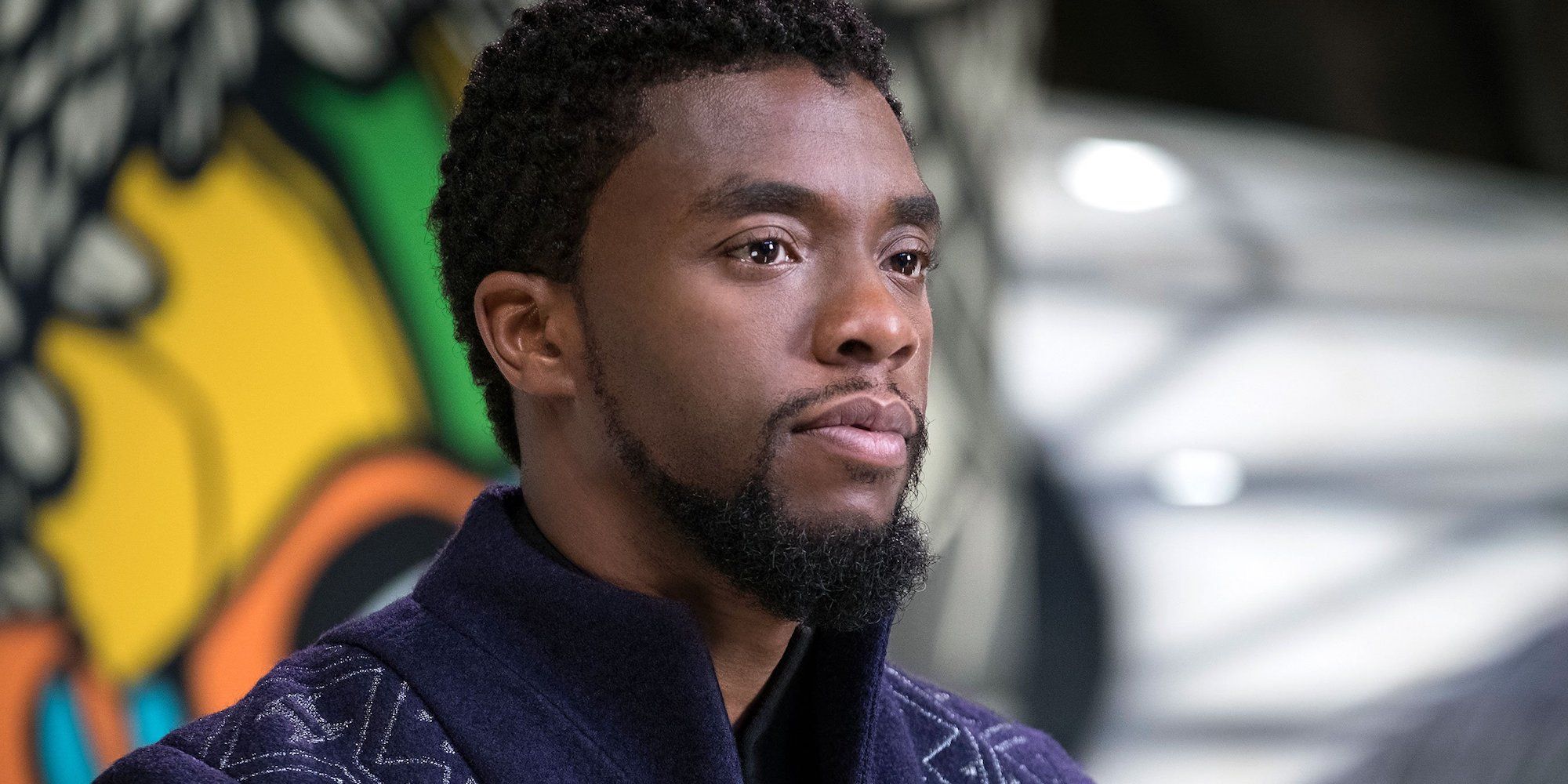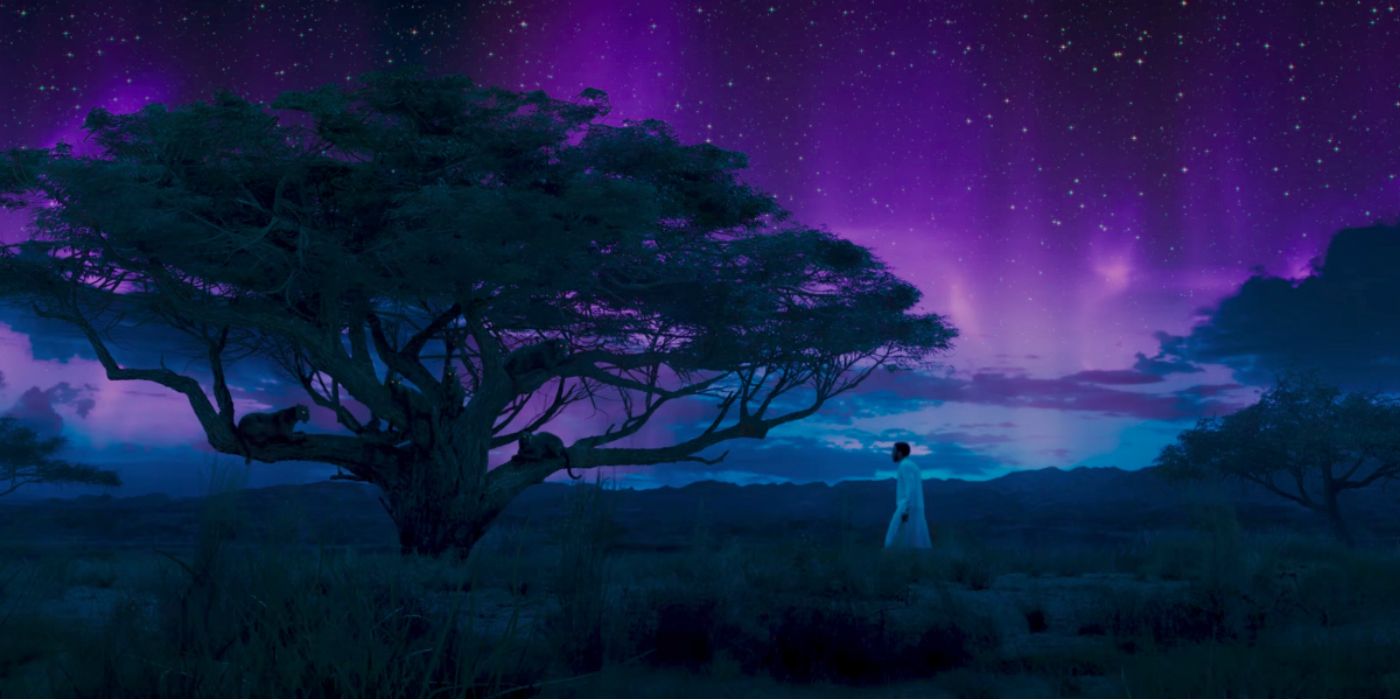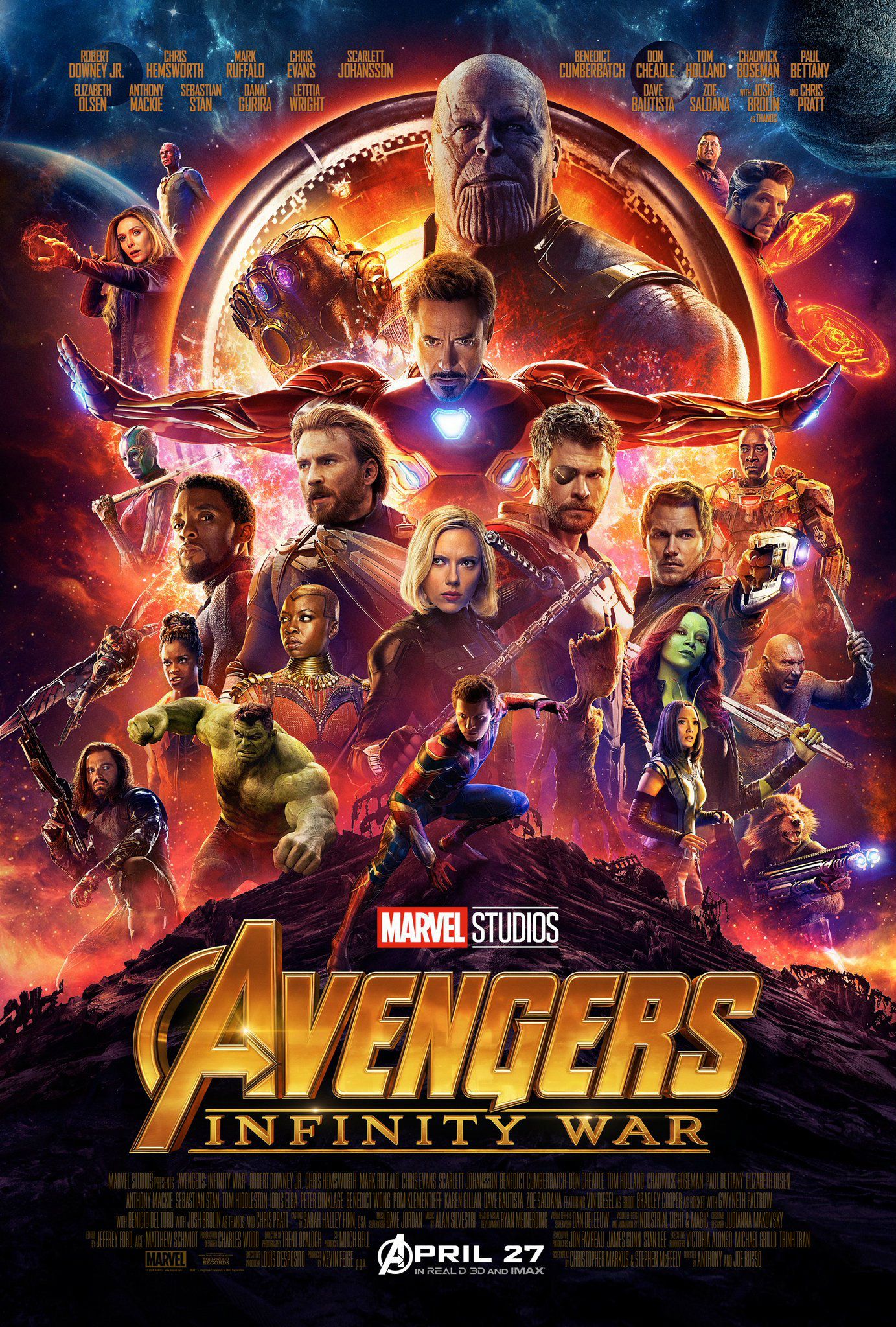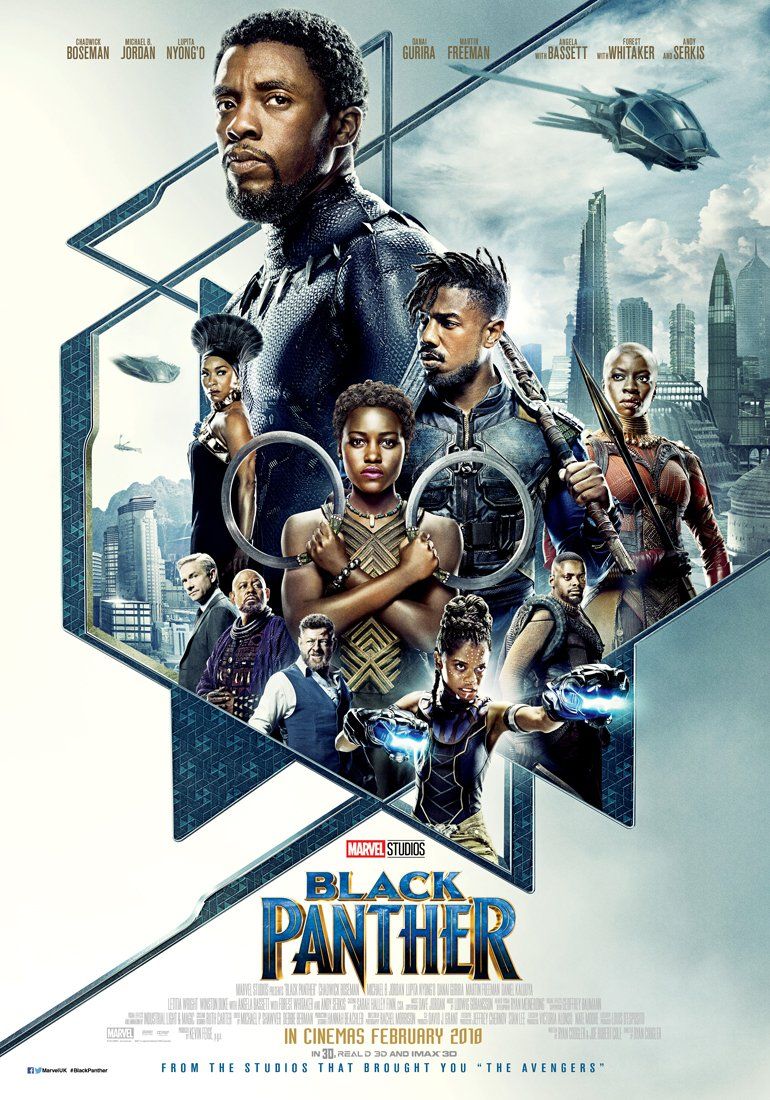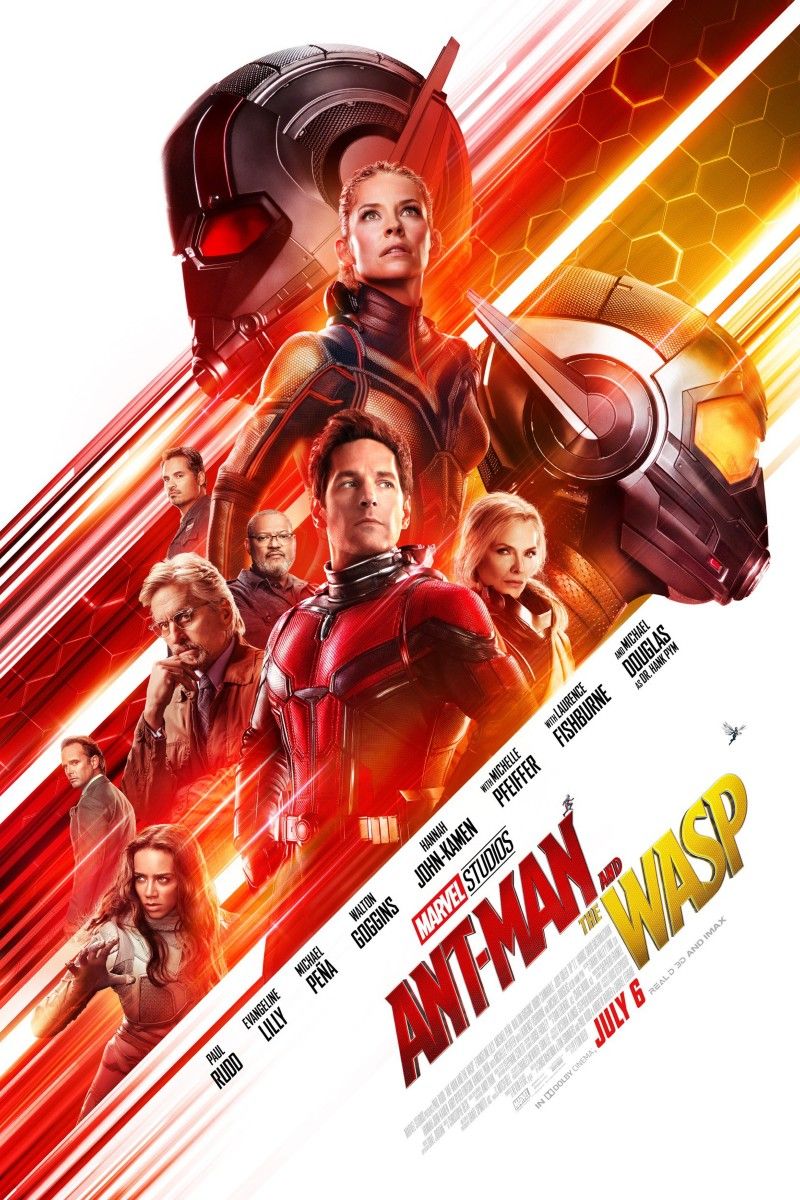John Kani, who will reprise the role of T'Chaka in Black Panther, recalls how he and director Ryan Coogler decided on isiXhosa, a Nguni Bantu language and one of the official languages of South Africa, to become the fictional land of Wakanda's official language. When we first met T'Challa (Chadwick Boseman) back in Captain America: Civil War, he was merely a prince while his father fulfilled the job as the country's King. Unfortunately, due to the tragic events that led to the nation's leader dying, he was thrust into the spotlight and now is on the verge of proving that he is indeed worthy of the title. It won't be easy, however, as both internal and external factors threaten the safety of his kingdom and its people.
There is a different kind of excitement surrounding the Coogler-directed flick. Similar to the social impact that DC’s Wonder Woman had by putting a capable and still compassionate female superhero at the forefront, the Marvel project is also expected to have the same effect, this time, with regard to race awareness. Boasting a stellar cast of characters, the movie already feels like nothing we have ever seen in the MCU before. No wonder, people are so eager to find out what the film will add to the franchise's extensive portfolio.
RELATED: Black Panther Co-Star on Film’s Importance
Sitting down with MTV to promote the upcoming Marvel flick, Kani shared how he helped Coogler decide on the language that they'll be introducing as the official mother tongue of Wakanda. Apparently, the actor, alongside his son, Atandwa Kani, helped develop the accent that T'Chaka and T'Challa first used in Civil War. He recalls:
"The director and I were challenged with coming up with [the] ideal thing to say to my son, played by my son in real life, Atandwa, in-line with the plot of the film. It had to be in the native language of Wakanda. I chose to say something isiXhosa in which the director and everyone on set loved; we need that, the director said."
"Even when I filmed Civil War, I was the language expert and my American counterparts would say; give me something with a click, they were referring to isiXhosa. My son and I filmed in Atlanta together, I left and he stayed to continue filming. He took over as the language consultant."
The deliberate decision to use a native language and make sure that each Wakandan citizen speak in an accent is proof of how Coogler was motivated to make sure that the film, despite being fictional, will mirror the reality of life and culture in Africa. Boseman previously explained why T'Challa speaks with an accent and it all makes sense considering that the country has never been touched by foreign powers. Set designers have traveled to the continent for a location scouting trip to make sure the backdrops they built in the studio would have the feel of an African country. The same attention to detail was given to the cast's costumes.
For Coogler, hearing his cast, particularly a conversation between T'Challa and T'Chaka, father and son, converse in a native South African language was emotionally moving for him. It's a moment that many of the people living in that part of the world can relate to, regardless of their stature in life, given that it's how they speak on a day-to-day basis. We're not yet sure what the interaction between Kani and Boseman will be. But with the former's character already passing on, chances are that it's more of a heart-to-heart talk about the latter assuming his rightful place in the country and making sure that he fulfills the responsibility that comes with it.
MORE: Black Panther Explores Outer Space, Says Forest Whitaker
Source: MTV

